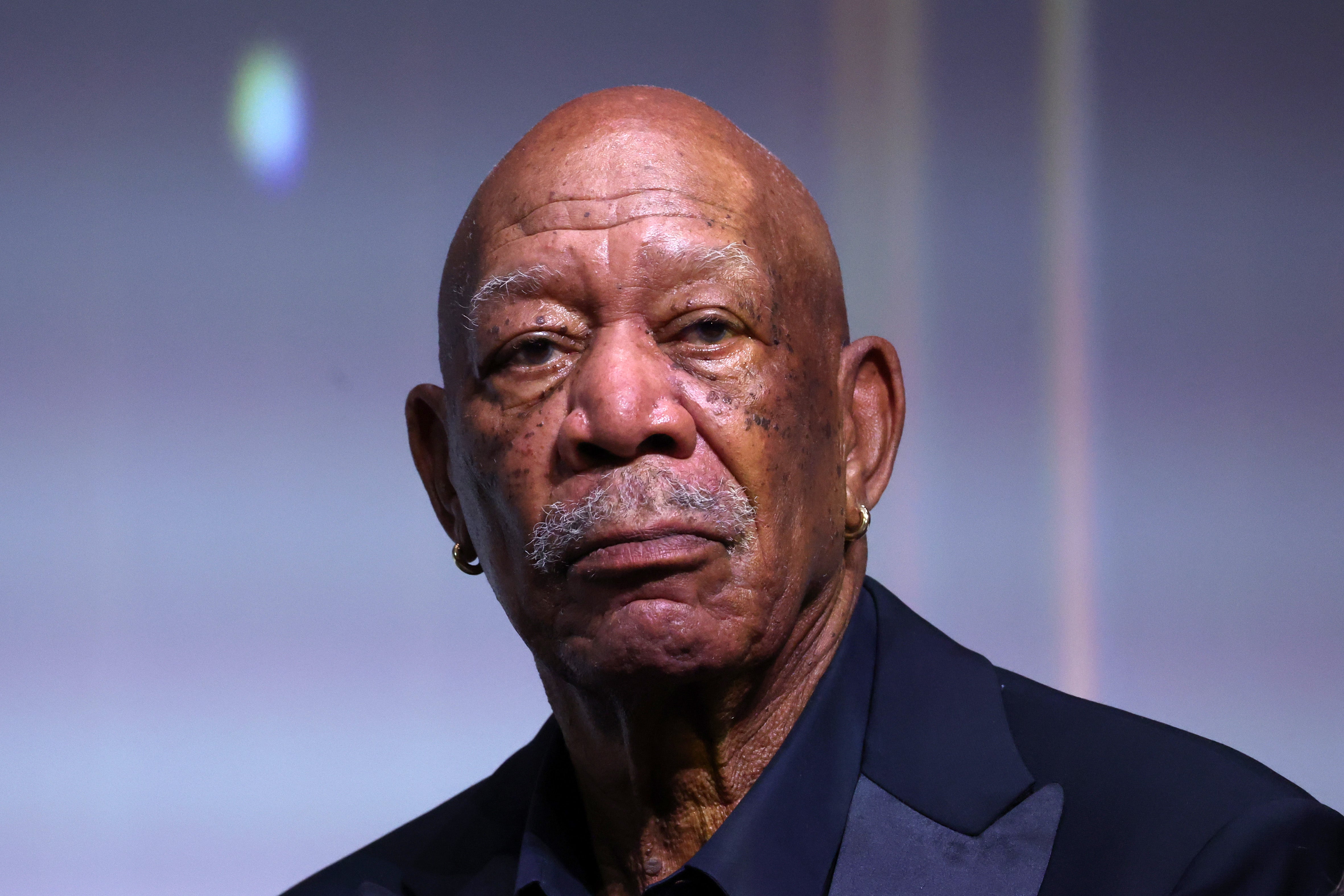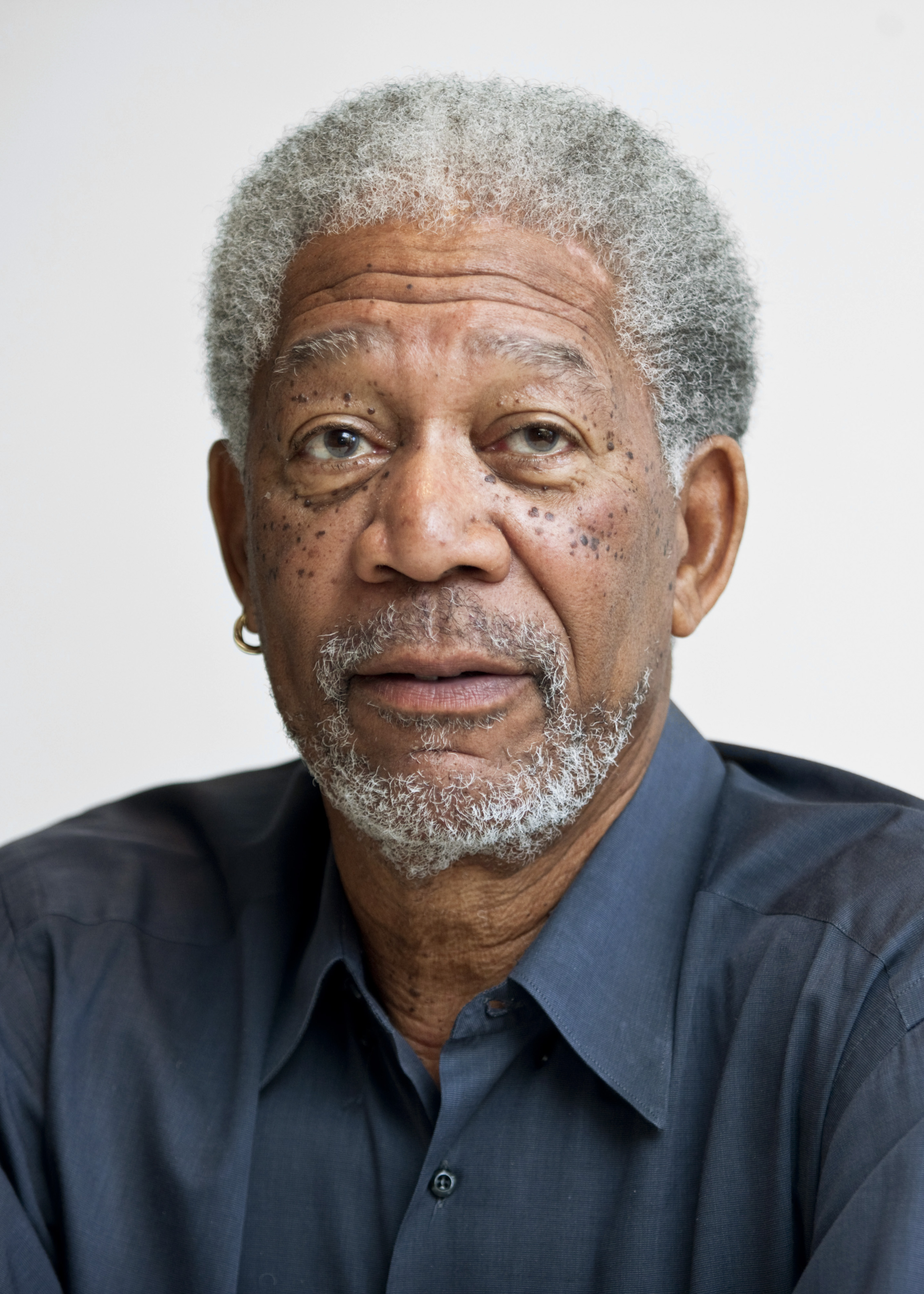The world of jazz music holds many captivating stories, and among them is the tale of Freeman Marshall, a name that might not immediately ring a bell for everyone, but one that certainly deserves a closer look. You know, when we try to understand someone's impact, we often gather bits of information from all sorts of places, much like collecting different notes for a melody. This very piece, in a way, draws inspiration from the varied nature of information itself, a bit like the unique collection of thoughts found in 'My text', which ranges from details about a pig stock to ideas on describing products, or even, too it's almost, notes on hard drive space and cement.
Freeman Marshall, a figure often spoken of in hushed tones by those deep in jazz history, brought something truly special to the guitar. His playing style, a blend of different sounds, really helped shape how jazz guitar evolved. He wasn't always in the brightest spotlight, but his influence quietly spread, touching many who listened closely.
This article aims to shed some light on his journey, his unique musical voice, and why his work still matters to music lovers today. We'll look at his life, his music, and the quiet mark he left on the jazz world, showing just how much one person can contribute, even without widespread fame.
Table of Contents
- Who Was Freeman Marshall? A Biographical Sketch
- Personal Details & Bio Data
- The Sound of Freeman Marshall: His Unique Style
- Collaborations and Recordings
- Freeman Marshall's Impact and Legacy
- People Also Ask (FAQ)
Who Was Freeman Marshall? A Biographical Sketch
Freeman Marshall was, quite simply, a gifted musician who made his mark on jazz guitar during a time of great change in music. He came from humble beginnings, a common story for many artists who found their voice through sound. His early life, like many from his generation, was likely filled with the sounds of his community, which, you know, shaped his musical ear from a very young age.
He picked up the guitar fairly early, drawn to its sounds and possibilities. It's often said that his first teachers were the records he listened to, and the live music he managed to hear in clubs and dance halls. This kind of self-taught learning, mixed with guidance from local players, really helped him find his own way of playing.
Marshall found his musical home as jazz moved through its various stages, from the big band swing sounds to the quicker, more complex ideas of bebop. He was a player who could fit into different settings, yet always kept his own distinct voice. His musical training, while perhaps not formal in the way some imagine, was deep and practical, built on countless hours of practice and playing alongside others.
He was known among fellow musicians for his quiet dedication to his craft. He spent a lot of time just working on his playing, trying new things with chords and melodies. This kind of deep focus, you know, helped him build a very solid musical foundation.
His influences were varied, drawing from the guitar giants who came before him, as well as the horn players and pianists who were pushing jazz forward. He took what he learned from others and made it his own, creating a sound that was both familiar and fresh. It's really something to hear how he put all those pieces together.
Personal Details & Bio Data
While details about Freeman Marshall's personal life are, in some respects, not widely publicized, we can gather some general information about his professional journey and place in jazz history. This table provides a quick look at some key facts.
| Detail | Information |
|---|---|
| Full Name | Freeman Marshall |
| Primary Instrument | Guitar |
| Musical Style | Jazz (often associated with Bebop, Cool Jazz) |
| Active Period | Mid-20th Century (approx. 1940s-1960s, exact dates can vary) |
| Known For | Subtle phrasing, harmonic depth, quiet influence |
| Notable Collaborations | Played with various small groups and ensembles (specific names less common) |
| Recordings | Limited but significant contributions to jazz recordings |
| Legacy | Respected by fellow musicians, a figure of interest for jazz historians |
The Sound of Freeman Marshall: His Unique Style
What made Freeman Marshall's guitar playing so special? It was, in a way, a combination of things that set him apart. His tone, for one, was often described as warm and inviting, a sound that drew listeners in without being flashy. He preferred a clear, clean sound that let his ideas shine through.
His phrasing was another key element. He didn't play a lot of notes just for the sake of it. Instead, he chose each note with care, letting phrases breathe and tell a story. This thoughtful approach to melody, you know, gave his playing a very human quality.
Harmonically, Marshall was quite advanced for his time. He understood how to use complex chords and voice leading in a way that sounded natural and flowing, not forced. He could move through chord changes with ease, finding interesting ways to connect one idea to the next. This depth of understanding, very much, made his solos rich and full.
He played during a time when jazz was moving from the danceable swing era to the more intricate, faster paced bebop. Marshall could play with the speed and ideas of bebop, but he also kept a sense of swing and melody that appealed to many. He managed to blend these different ideas, creating something truly his own. He was, in some respects, a bridge between different jazz sounds.
When it came to improvisation, Marshall focused on building a narrative. His solos weren't just a string of fast notes. They had a clear beginning, middle, and end, almost like a conversation. He would develop his ideas, taking listeners on a musical journey. This storytelling approach, honestly, made his playing very memorable for those who heard it.
He had a knack for playing just the right thing at the right time. He understood the importance of space in music, letting notes hang in the air for just a moment before moving on. This sense of timing, you know, added a lot of feeling to his performances. His playing was never about showing off; it was always about serving the music.
Many musicians admired his ability to fit into any group, adding to the overall sound without taking over. He was a supportive player, always listening and reacting to what others were doing. This kind of musical give-and-take, very much, is a hallmark of truly great jazz artists. His quiet contributions helped many ensembles sound their best.
Collaborations and Recordings
Freeman Marshall's recorded output, while not extensive, offers valuable glimpses into his musical world. He played with a variety of musicians, some well-known, others less so, contributing his unique guitar sound to their projects. These collaborations, you know, helped shape the sound of many jazz sessions from his era.
Finding his recordings can be a bit of a treasure hunt for today's listeners. Many of his contributions were as a sideman, meaning he played as part of another leader's group. These tracks might appear on albums under different names, making them harder to spot. But when you do find them, they are, truly, a treat.
His recorded work often shows his adaptability. He could play swinging rhythm guitar, providing a solid foundation for the band, or step out with a thoughtful, melodic solo. He was comfortable in different settings, from small combos to larger ensembles. This versatility, you know, speaks volumes about his skill.
One might find his guitar on tracks that capture the feel of a live club date, or on studio recordings that were carefully put together. Each recording, in its own way, offers a snapshot of jazz during his active years. They show how his guitar work fit into the changing sounds of the time.
The challenges in finding his complete recorded works are, apparently, common for many musicians who were active before the modern era of music archiving. Many recordings from that time were not widely distributed or preserved in the way they are today. So, discovering his music often feels like uncovering a hidden gem.
For those interested in exploring his contributions, looking into jazz compilations from the mid-20th century, especially those focusing on guitarists or specific jazz styles like bebop and cool jazz, might turn up some of his work. These recordings, though sometimes rare, are important pieces of jazz history. You can learn more about on our site, and link to this page for related topics.
His contributions, even if on a few tracks, show a musician of great depth and feeling. They are a testament to his quiet dedication to his art. His sound, though not always at the forefront, was always a valuable part of the musical picture. His music, really, speaks for itself.
Freeman Marshall's Impact and Legacy
Freeman Marshall's impact on jazz, while not always shouted from the rooftops, was deeply felt by those who played with him and those who paid close attention. He influenced other musicians through his thoughtful playing and his unique approach to the guitar. His ideas, you know, spread quietly through the jazz community.
Many younger guitarists of his time looked up to his sense of melody and his ability to play with such clear purpose. He showed them that sometimes, playing fewer notes with more feeling can be more powerful than playing many notes quickly. This lesson, very much, resonated with many aspiring artists.
Why might he be less known today compared to some other jazz legends? There are a few reasons. Perhaps he didn't record as much as others, or maybe he preferred to stay out of the intense spotlight. Some musicians, you know, simply enjoy playing and creating without seeking massive fame. His personal choices might have kept him from wider recognition.
Despite this, his enduring presence in jazz history is strong for those who truly study the music. Jazz historians and serious fans often point to him as a significant, if understated, figure. His work helps complete the picture of how jazz guitar developed through the decades. He is, in some respects, a key piece of the puzzle.
What can we learn from his musical journey? It shows us that true artistic value isn't always measured by album sales or widespread fame. Sometimes, the most profound contributions come from those who quietly dedicate themselves to their craft, perfecting their art for its own sake. His story reminds us to look beyond the obvious stars and discover the many talented people who shaped the music we love.
His legacy is a quiet one, but it is, you know, a very important one. It's about the beauty of subtle expression, the power of a well-placed note, and the lasting influence of a genuine musical voice. Even in 2023, his recordings, when found, still offer valuable lessons and moments of pure musical joy. He truly left a quiet, yet very real, mark.
People Also Ask (FAQ)
Who was Freeman Marshall?
Freeman Marshall was a talented jazz guitarist active during the mid-20th century. He was known for his thoughtful playing style, warm tone, and deep understanding of harmony. He contributed to the evolving sound of jazz guitar, often playing as a sideman in various groups.
What kind of music did Freeman Marshall play?
Freeman Marshall primarily played jazz music. His style showed influences from both the swing era and the more modern sounds of bebop and cool jazz. He was able to blend these different styles, creating a unique approach to improvisation and accompaniment on the guitar.
Did Freeman Marshall record any albums?
While Freeman Marshall may not have released many albums as a bandleader, he did contribute to various recordings as a sideman. His guitar work can be found on albums by other jazz musicians from the 1940s to the 1960s. Finding his complete recorded output can be a bit of a challenge for listeners today.
Freeman Marshall's story is a wonderful reminder that the history of jazz is rich with countless individual talents, many of whom worked quietly but left a deep impression. His contributions to jazz guitar are, you know, truly worth exploring for anyone who loves the music. Take some time to seek out his recordings; you might just discover a new favorite sound. His music continues to speak volumes for those who listen.



Detail Author:
- Name : Flavie Dach MD
- Username : amanda.mccullough
- Email : aglae82@gmail.com
- Birthdate : 1980-07-31
- Address : 8136 Bruen Pike Bartonmouth, AR 50192
- Phone : +17013156425
- Company : Bruen, Harvey and Pfeffer
- Job : Musician OR Singer
- Bio : Doloribus ut qui voluptates aut qui accusantium eos. Voluptates corporis laborum vel maxime veritatis. Eum impedit consequatur omnis labore occaecati asperiores culpa adipisci.
Socials
instagram:
- url : https://instagram.com/mosesbernier
- username : mosesbernier
- bio : Ut vitae ea corporis possimus ut. Voluptatem ea accusantium odit consequatur. Hic sit iure ipsam.
- followers : 6191
- following : 2974
linkedin:
- url : https://linkedin.com/in/bernier1978
- username : bernier1978
- bio : Est iusto rerum rerum repellat.
- followers : 4394
- following : 2030
twitter:
- url : https://twitter.com/mbernier
- username : mbernier
- bio : Ut quaerat rerum quia quo magni. Animi omnis assumenda iste. Atque adipisci et nemo soluta tenetur expedita molestiae. Dolorem est quo sit voluptatem fugiat.
- followers : 4820
- following : 2490
facebook:
- url : https://facebook.com/moses_bernier
- username : moses_bernier
- bio : Ratione sit autem nostrum numquam. Ducimus quo excepturi dicta repellendus eum.
- followers : 4184
- following : 950